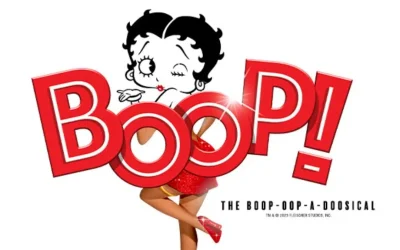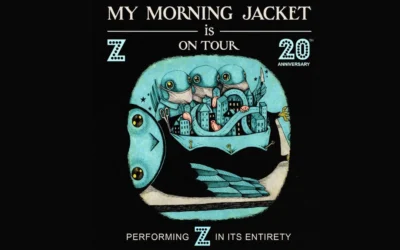Over the past year, the secondary ticket market has found its way into the mainstream media with major news stories like the Hannah Montana ticketing fiasco and the major sports leagues signing reselling deals. Unfortunately, more often than not the secondary market and specifically ticket brokers are painted as the bad guys.
Creating a better relationship between the media and ticket brokers was at the forefront of the Media Relations panel during the first day of Ticket Summit 2008 at the Venetian Resort Hotel Casino in Las Vegas, NV.
“It’s easy to find someone who is enraged,” Venues Today’s Dave Brooks said.
Brooks comprised one fourth of the panel that also included TicketNews Senior Editor Alfred Branch Jr., Eric Fisher from the SportsBusiness Journal and Viveca Woods from VMW Public Relations, LLC.
The overriding tone of the panel session was encouraging ticket brokers to be proactive in getting there names in the media in order to create a positive relationship. Brooks commented that the relationship between the secondary ticket market and the trade media is healthy, but cautioned that the “mainstream isn’t so great.”
“After years of avoiding the secondary ticket market, the movement [in the media] is now towards it,” Fisher added.
The secondary market is often caught in the harsh glare of criticism and the challenge to brokers is to educate the consumer to better know the market. By getting your name out there, you can help create a better understanding while adding to the exposure of your company which will in turn be good for business, Woods explained.
Branch summed up the mainstream audiences view of the secondary market in two words, Hannah Montana. The tween superstar sparked outrage from parents, while causing state lawmakers to fight to change resale laws.
“Hannah Montana was the perfect storm,” Branch said. “The mainstream media got it all wrong.”
The panel urged those in the audience to use their expertise in the market to their advantages by allowing reporters to interview them, even in a controversial situation, and be honest and straightforward with reporters.
“The future can change with more voices,” Branch said.
Woods told those in attendance to start at your local media outlet, and get your name out there.
“Make sure what you have to say is news worthy,” she said adding that when talking to the reporter to try establish the tone of the story and be sure to answer the questions directly.
While the national media may take more time to fully understand the market, Woods said that eventually the “scalper image will fall by the wayside.”




